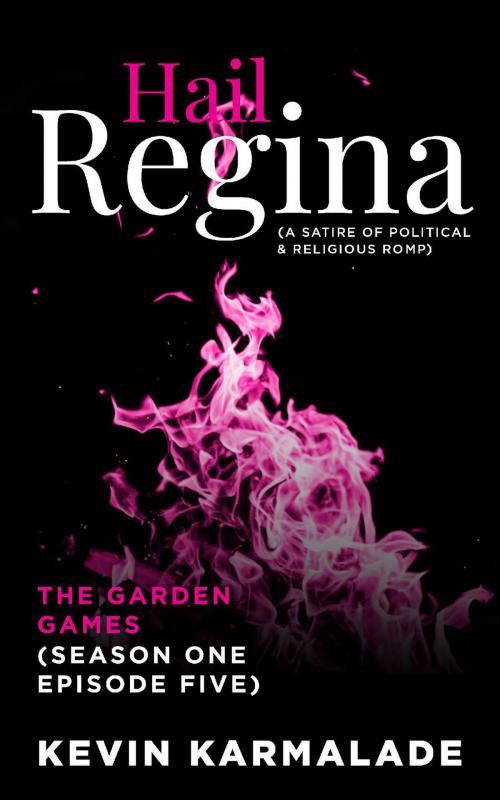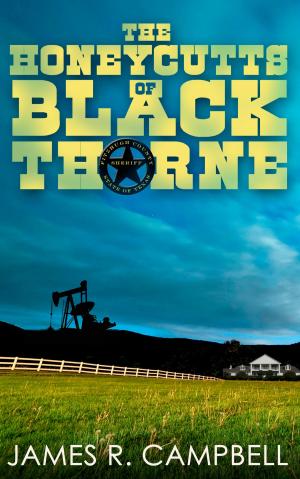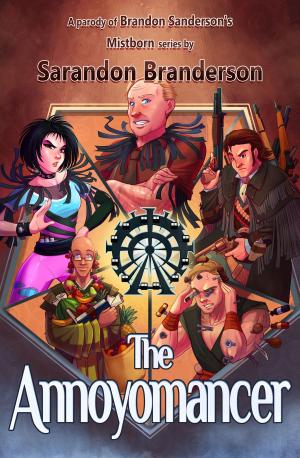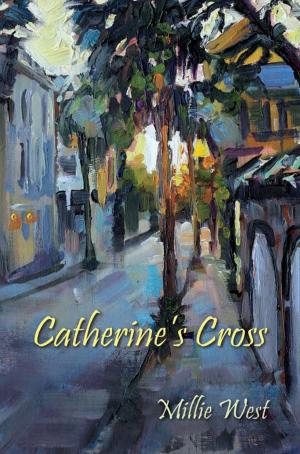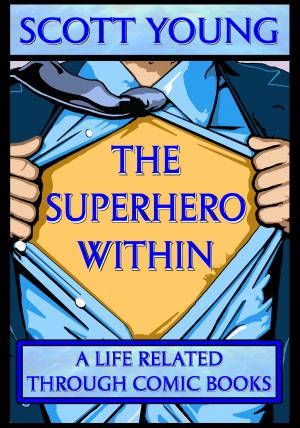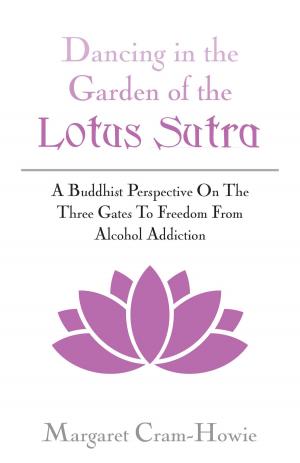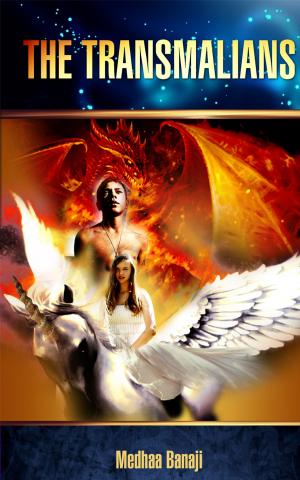The Garden Games
SEASON ONE - EPISODE FIVE
Fiction - YA, Dystopia, Kids, Teen, Dystopian, Fiction & Literature| Author: | Kevin Karmalade | ISBN: | 9781642376357 |
| Publisher: | Gatekeeper Press | Publication: | May 16, 2019 |
| Imprint: | Gatekeeper Press | Language: | English |
| Author: | Kevin Karmalade |
| ISBN: | 9781642376357 |
| Publisher: | Gatekeeper Press |
| Publication: | May 16, 2019 |
| Imprint: | Gatekeeper Press |
| Language: | English |
The Old Vestry is being made ready for the ball. There is much activity afoot. Micah, the head-technician, Dirk and Tristan, discover a dwarf curate, Tom O’Malley. He’s rummaging in the Vestry kitchen-larder, trying to pilfer some alcohol. Seizing the opportunity to improve the entertainment, they forcibly recruit O’Malley by ensnaring him into playing a lead role—in one of the stage-plays they will present.
It is the evening of the ball. Sir Perceval Lamb stares out the window from the first floor. He can see the guests arriving in their mythical tarot-card and or period costumes and masks. He looks down into the churchyard gardens. He can see two teams setting up, with the guests starting to mill around the edges and onto the bleachers of the playing courts. The game appears to be organised. There are rules, scoreboard, a ground layout, equipment and spectators. The umpires present themselves in uniform with whistles and flags.
A radio commentator from Radio Good Shepherd 91.8fm is seated. He begins to commentate a live broadcast as the games get underway. The guests watch the activities; drinks in hand as a set of human-burnings are prepared and executed.
The burnings are treated like an affable sporting contest. It is an exclusive spectacle that Lamb has carefully organised—to invoke the celebratory mood for the rest of the evening’s program. The radio announcer commences the public broadcast, as the choir joins in on cue. We are drawn in, partly through the professional enthusiasm of the broadcast, and partly through what is taking place: the preparation and ‘burning’ of the main actors, who perform the ritual mock immolations.
The episode explores the first phase of the burnings of (mainly) Church of England clergy by the English monarchy from 1555-58. It satirises the stupidity of this. It was triggered by clergy who wouldn't follow Roman church doctrines of the day, like the doctrine of Christ’s actual presence (as flesh and blood) in altar bread when consecrated at mass. The re-creation of the original burnings at a charity ball in this episode is unusual. This is because of the humorous way the misuse of power and the execution of the past clergy—by the then monarch are treated.
Although scholars have studied such events for centuries, the Regina novella brings the issue to the fore again—in an irreverent way. What is thematically implied is, what other senseless and immoral things does society do today? That is, what senseless things do humans do to other humans?
About the Author
This is Kevin Karmalade's debut novella series. The 'Hail Regina' series will consist of 6 novella's (with 6-8 episodes per season). Karmalade sees Hail Regina as predominantly a vintage-style, theatrical satire. The work does not set out to mirror societal dysfunction or hypocrisy in the strong way - as some of the classic dystopian novels did in the past. Rather, Hail Regina should be understood primarily as a modern entertainment fiction set within the genre. It is written to entertain above all else.
Karmalade may be regarded as a mischievous, playful storyteller. A ‘jester’ of sorts, who reels us in with a simple story - then sometimes holds a mirror to our face. The writer is aware that on some level, the work naturally touches upon the obvious flaws of humanity. The theme of human liberation and freedom in literature is familiar to most. This serialized tale then, does not try to break new thematic ground. It does however present readers of all ages (from 14+) this classic theme, in an opaque, but contemporary and engaging way.
The Old Vestry is being made ready for the ball. There is much activity afoot. Micah, the head-technician, Dirk and Tristan, discover a dwarf curate, Tom O’Malley. He’s rummaging in the Vestry kitchen-larder, trying to pilfer some alcohol. Seizing the opportunity to improve the entertainment, they forcibly recruit O’Malley by ensnaring him into playing a lead role—in one of the stage-plays they will present.
It is the evening of the ball. Sir Perceval Lamb stares out the window from the first floor. He can see the guests arriving in their mythical tarot-card and or period costumes and masks. He looks down into the churchyard gardens. He can see two teams setting up, with the guests starting to mill around the edges and onto the bleachers of the playing courts. The game appears to be organised. There are rules, scoreboard, a ground layout, equipment and spectators. The umpires present themselves in uniform with whistles and flags.
A radio commentator from Radio Good Shepherd 91.8fm is seated. He begins to commentate a live broadcast as the games get underway. The guests watch the activities; drinks in hand as a set of human-burnings are prepared and executed.
The burnings are treated like an affable sporting contest. It is an exclusive spectacle that Lamb has carefully organised—to invoke the celebratory mood for the rest of the evening’s program. The radio announcer commences the public broadcast, as the choir joins in on cue. We are drawn in, partly through the professional enthusiasm of the broadcast, and partly through what is taking place: the preparation and ‘burning’ of the main actors, who perform the ritual mock immolations.
The episode explores the first phase of the burnings of (mainly) Church of England clergy by the English monarchy from 1555-58. It satirises the stupidity of this. It was triggered by clergy who wouldn't follow Roman church doctrines of the day, like the doctrine of Christ’s actual presence (as flesh and blood) in altar bread when consecrated at mass. The re-creation of the original burnings at a charity ball in this episode is unusual. This is because of the humorous way the misuse of power and the execution of the past clergy—by the then monarch are treated.
Although scholars have studied such events for centuries, the Regina novella brings the issue to the fore again—in an irreverent way. What is thematically implied is, what other senseless and immoral things does society do today? That is, what senseless things do humans do to other humans?
About the Author
This is Kevin Karmalade's debut novella series. The 'Hail Regina' series will consist of 6 novella's (with 6-8 episodes per season). Karmalade sees Hail Regina as predominantly a vintage-style, theatrical satire. The work does not set out to mirror societal dysfunction or hypocrisy in the strong way - as some of the classic dystopian novels did in the past. Rather, Hail Regina should be understood primarily as a modern entertainment fiction set within the genre. It is written to entertain above all else.
Karmalade may be regarded as a mischievous, playful storyteller. A ‘jester’ of sorts, who reels us in with a simple story - then sometimes holds a mirror to our face. The writer is aware that on some level, the work naturally touches upon the obvious flaws of humanity. The theme of human liberation and freedom in literature is familiar to most. This serialized tale then, does not try to break new thematic ground. It does however present readers of all ages (from 14+) this classic theme, in an opaque, but contemporary and engaging way.
